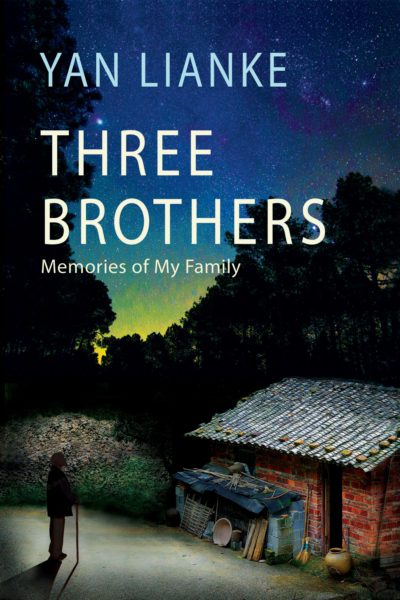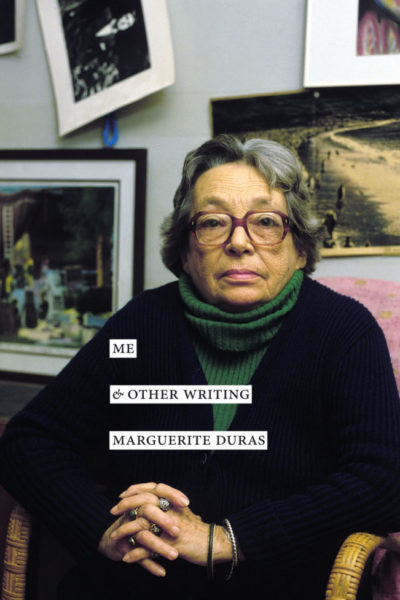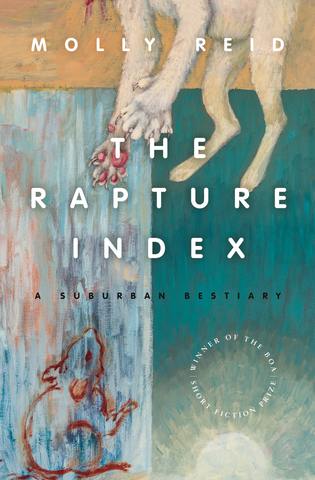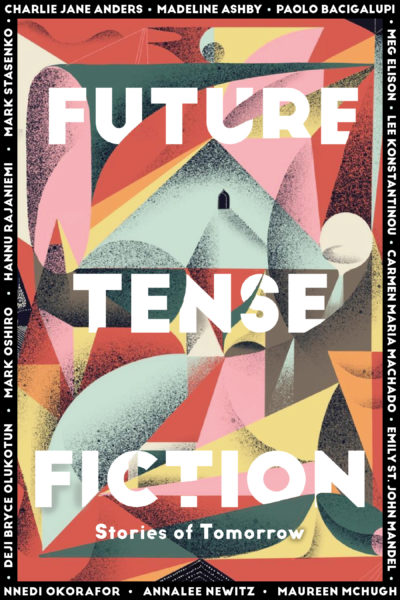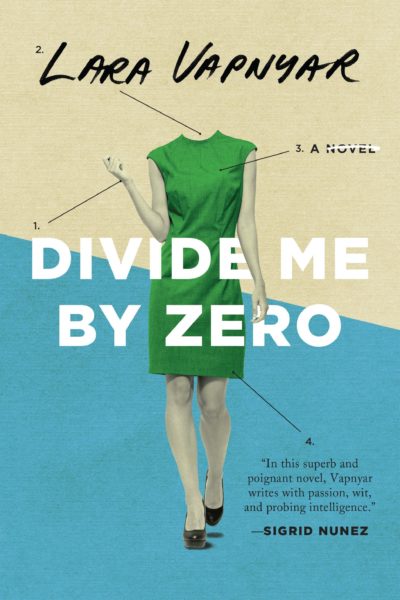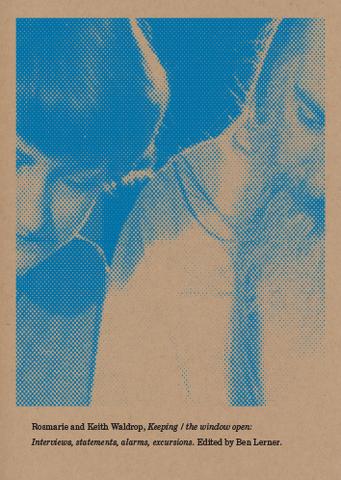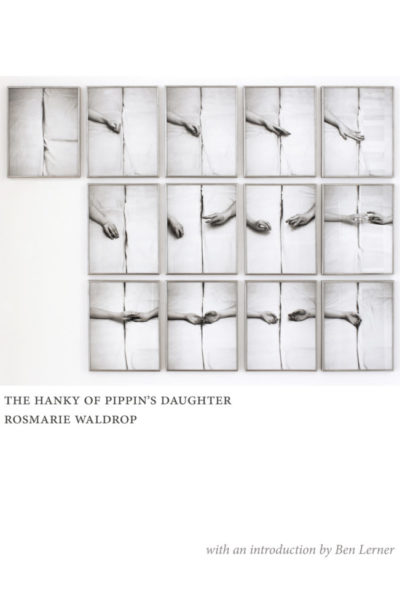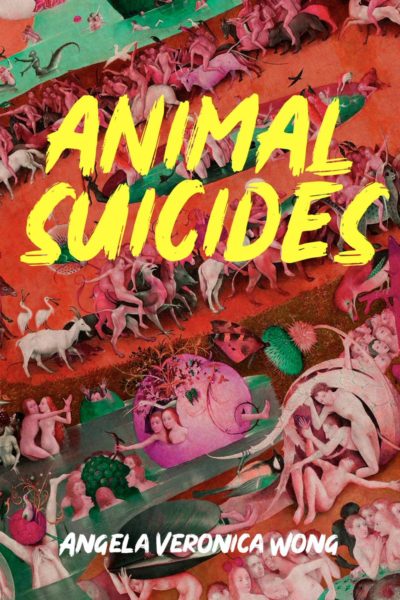Three Brothers: Memories of My Family – Yan Lianke
Yan is concerned with death in this arresting work, not only the death of loved ones, but of a whole moment in Chinese history that, for ever more young people, is incomprehensible and even non-existent.
Me & Other Writing – Marguerite Duras
Even for the French it is nearly impossible to pin down exactly how Duras does what she does.
The Bodies of Birds – Melanie Rae Thon
It is difficult to describe the lyricism of THE BODIES OF BIRDS in any other way besides liquid metaphors: it swirls, it ripples, it eddies through its narrative waves.
The Rapture Index: A Suburban Bestiary – Molly Reid
Which animal is on the brink of rapture?
Future Tense Fiction – Multiple Authors
FUTURE TENSE FICTION is an exciting and self-conscious celebration of what science fiction has often done best – predict the future
Divide Me By Zero – Lara Vapnyar
Like Barthes’ Mourning Diary, Lara Vapnyar’s poignant, sensitively observed novel can be read as an act of demystification, a study of lost love.
Keeping / the window open – Rosmarie and Keith Waldrop
When I talk to my students in workshop about “your ideal reader,” the example that’s in my mind but I never say out loud is this: me reading anything Rosmarie has written.
The Hanky of Pippin’s Daughter – Rosmarie Waldrop
Like the title’s hanky fluttering out of a castle window and settling in some mud, this novel’s narrator flickers about time, space, memory, fact, and conjecture.
The great news is that if you’re not looking for a cardigan in book form, then ALL MY CATS is an extraordinary, heartrending read.
Animal Suicides – Angela Veronica Wong
Here, now, thresholds blur, and we must confront our presence in our absence, our environmental impact across even the most intimate parts of our lives.


